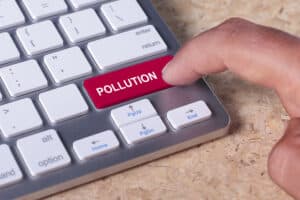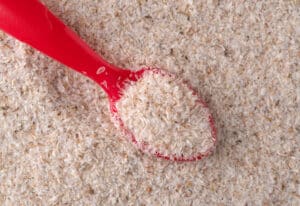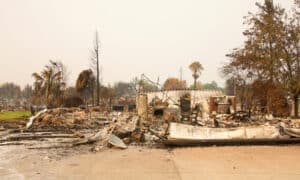This guide will provide actionable tips to help you support your body’s detox pathways and protect your health in these challenging times.
Understanding Wildfire Toxins and Their Impact
Wildfire smoke contains harmful particles, including fine particulate matter (PM2.5), carbon monoxide, and volatile organic compounds (VOCs). These toxins can:
- Irritate your respiratory system.
- Trigger fatigue and oxidative stress.
- Overload your body’s detox pathways.
Taking proactive steps to minimize exposure and support your health can help you feel better faster.
1. Create a Safe Indoor Environment
Improving air quality indoors is one of the first steps to detox after wildfire exposure.
- Use air purifiers: A HEPA air purifier can filter out fine particles that infiltrate your home.
- Seal your space: Keep windows and doors shut during poor air quality days.
- Monitor air quality: Check the Air Quality Index (AQI) daily to stay informed.
2. Optimize Hydration and Nutrition
Your body relies on hydration and nutrients to detox effectively.
- Stay hydrated: Drink at least 8–10 glasses of water daily to support kidney function.
- Eat antioxidant-rich foods: Include berries, spinach, kale, and cruciferous vegetables like broccoli to combat oxidative stress.
- Increase dietary fiber: Foods like oats, beans, and chia seeds aid in removing toxins through the digestive tract.
3. Support Lung and Respiratory Health
Supporting your lungs is essential for effective detox after wildfire exposure.
- Practice steam inhalation: Add a few drops of eucalyptus or peppermint oil to hot water and breathe in the steam to clear your airways.
- Try breathing exercises: Diaphragmatic breathing can strengthen your lungs and improve oxygen intake.
- Supplement wisely: Consider natural lung-support supplements like N-acetylcysteine (NAC), which boosts antioxidant levels.
4. Focus on Colon Health for Detoxification
Your colon plays a vital role in eliminating toxins. As explained in this guide on colon cleansing, maintaining colon health can improve your overall well-being.
- Add psyllium husk to your diet: It’s a gentle, effective way to cleanse the colon.
- Drink herbal teas: Ingredients like ginger or dandelion root can promote digestion and detoxification.
5. Avoid Hidden Toxins in Food
Many processed foods contain hidden toxins that can add to your body’s burden. This article highlights common culprits, such as:
- Pesticide residues on non-organic produce.
- Artificial sweeteners and preservatives.
Choose organic, whole foods whenever possible to minimize exposure.
6. Rest and Reduce Stress
- Prioritize sleep: Aim for 7–9 hours of quality sleep by creating a relaxing bedtime routine and using blackout curtains.
- Manage stress: Activities like yoga, meditation, and even simple stretching can reduce cortisol levels and promote balance.
The Local Impact of Wildfires
As a mobile dentist as well as a conventional dental practitioner in Los Angeles, I’ve seen firsthand how the recent Eaton fires have affected our community. At least fifty of our dental patients lost their homes, and the Two Palms Care Center in Pasadena, where I provided mobile dental services, was completely destroyed. My heart goes out to everyone affected, and I hope this guide offers some comfort and actionable steps toward recovery.
Stay Proactive and Informed
Detoxing after wildfire exposure requires a combination of preventative measures and intentional self-care. From improving your indoor air quality to supporting your body with hydration and nutrition, these steps can help you feel your best during wildfire season.
For more health tips and resources, visit the ToothWiz Blog. Share this guide with friends and family to spread awareness and help our community recover.














